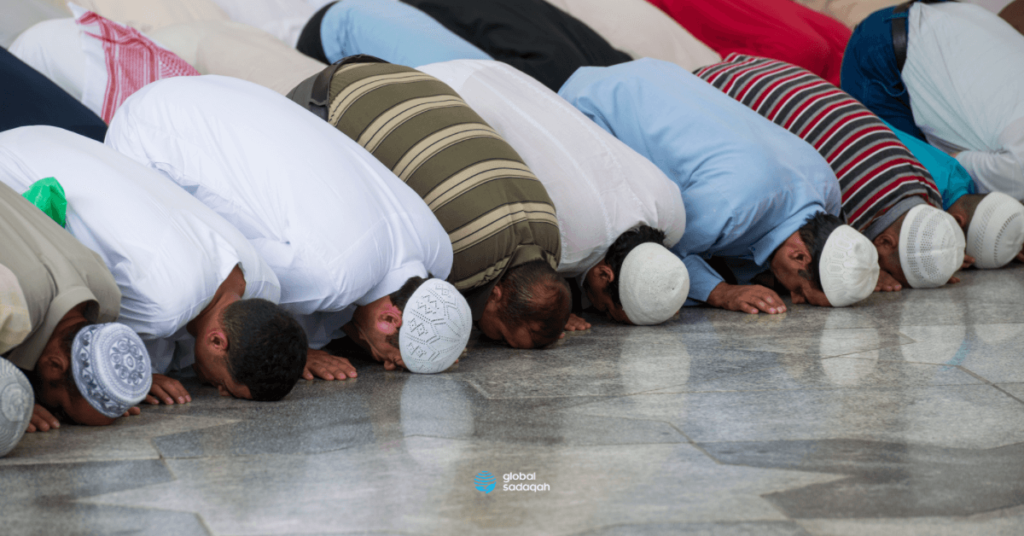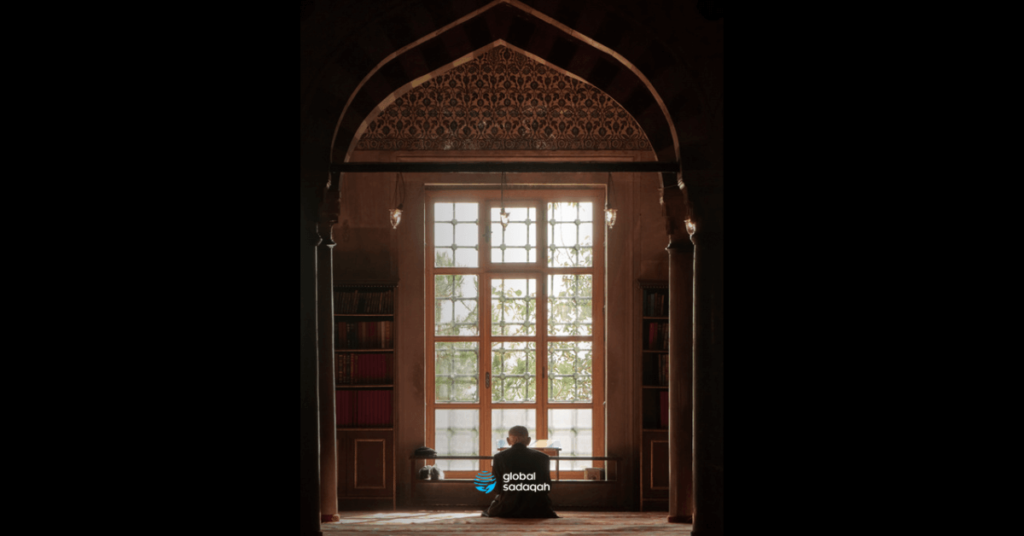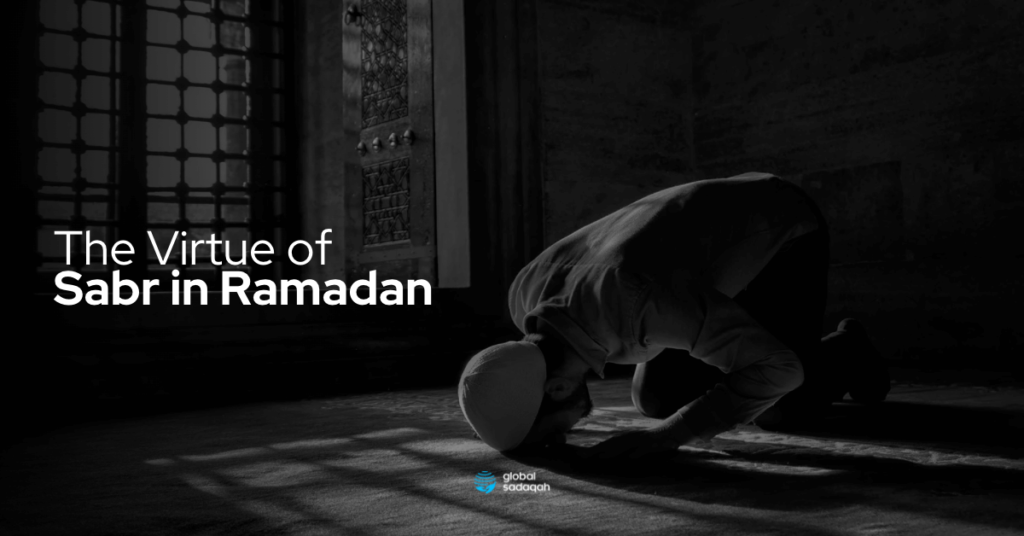For most part during Ramadan, our level of sabr (patience) is one of the main aspects that will be tested in this Holy month. It is about dealing with everything with patience, from not getting angry at situations like being stuck in heavy traffic as you head home or delay of tasks by others, or generally being polite and kind to people around you, no matter how hungry or stressed you are.
But before that, what’s sabr? Sabr or generally known as patience is to hold oneself from reacting negatively towards a difficult situation, holding the tongue from complaining and the body parts from harming oneself or others. Patience is mentioned a lot in the Quran and Sunnah of the beloved Prophet (ﷺ), which shows the virtues and greatness of Sabr. In the Arabic language, (Sabr) or patience means to confine or contain.
Patience has great status in the sight of Allah Almighty and in Islam. Allah Almighty said in Holy Quran: “Be sure we shall test you with something of fear and hunger, some loss in goods or lives or the fruits (of your toil), but give glad tidings to those who patiently persevere”. [Surah Al Baqarah]
There are several degrees of Sabr, such as when going through hardship, or having to deal with people you do not particularly like, or simply being hungry and agitated. This brings us to our next element of Sabr in Ramadan.
Related: 10 Tips for Strengthening the Iman in Times of Hardship

Ramadan is sometimes termed as ‘the month of patience’ and it is definitely the perfect time that we can really focus on using it to the maximum effect to increase our relationship with Allah, and seek the rewards not only from Him but from improving our relationships with others as well. Furthermore, as we’ve often heard before, fasting constitutes half the patience. There are three types of patience that constitute sabr:
- Patience in the obedience of Allah (by fulfilling our obligation to fast)
- Patience in not disobeying Allah (by refraining from eating, drinking..etc..)
- Patience with Allah’s decree in the afflictions that come with fasting (such as hunger and weakness)
By training ourselves during the month of Ramadan to avoid certain troubles that come out of acts of impatience (such as losing our temper and lying), it will lead us to have a more positive mindset towards life that is more conducive to the lifestyle of a Muslim as ordained to us by Allah.
Islam is the perfect code of life as it guides and teach us in every sphere of life and teaches us to be patient in our difficult situation. In this way we have the strong belief in Almighty Allah that He will never leave us alone. Allah has promised to those who are facing difficulties or trials that He is with them by guiding and supporting them and granting them a clear victory. We are encouraged to practice istiqamah as well as fully submit ourselves to Him.
As mentioned in the Quran, “Verily, I have rewarded them this Day for their patience; they are indeed the ones that are successful”. [Surah Al-Mu’minoon]
Related: 5 Tips to Achieve Istiqamah
If we don’t get the reward of Sabr in this world then it will surely be saved by Almighty Allah for the Hereafter that will never end.
Our beloved Prophet Muhammad (ﷺ) said: “Whoever persists in being patient, Allah will make him patient. Nobody can be given a blessing better and greater than patience.” [Al-Bukhari]
Applying sabr in our lives beyond Ramadan

When we apply sabr in our daily life beyond Ramadan, it gives us the skills to conquer frustration, and gives us the sense of emotional freedom and choice on how we manage stressful situations. Having that control in our lives will contribute further to our psychological wellbeing too.
There are many things we don’t have a choice over, but we do have the choice to be patient in managing adverse situations in our life with a rational and thoughtful approach according to the teachings of Islam, which will ultimately result in a much stress-free life.
We know patience holds a very high place in Allah’s eyes so we should be actively working on it, not just giving up, and Ramadan gives us this chance to prove ourselves worthy of the rewards of patience. Allah made it obligatory because He loves us and wants us to have this reward. Sabr, surely we will be rewarded, inshaAllah.

